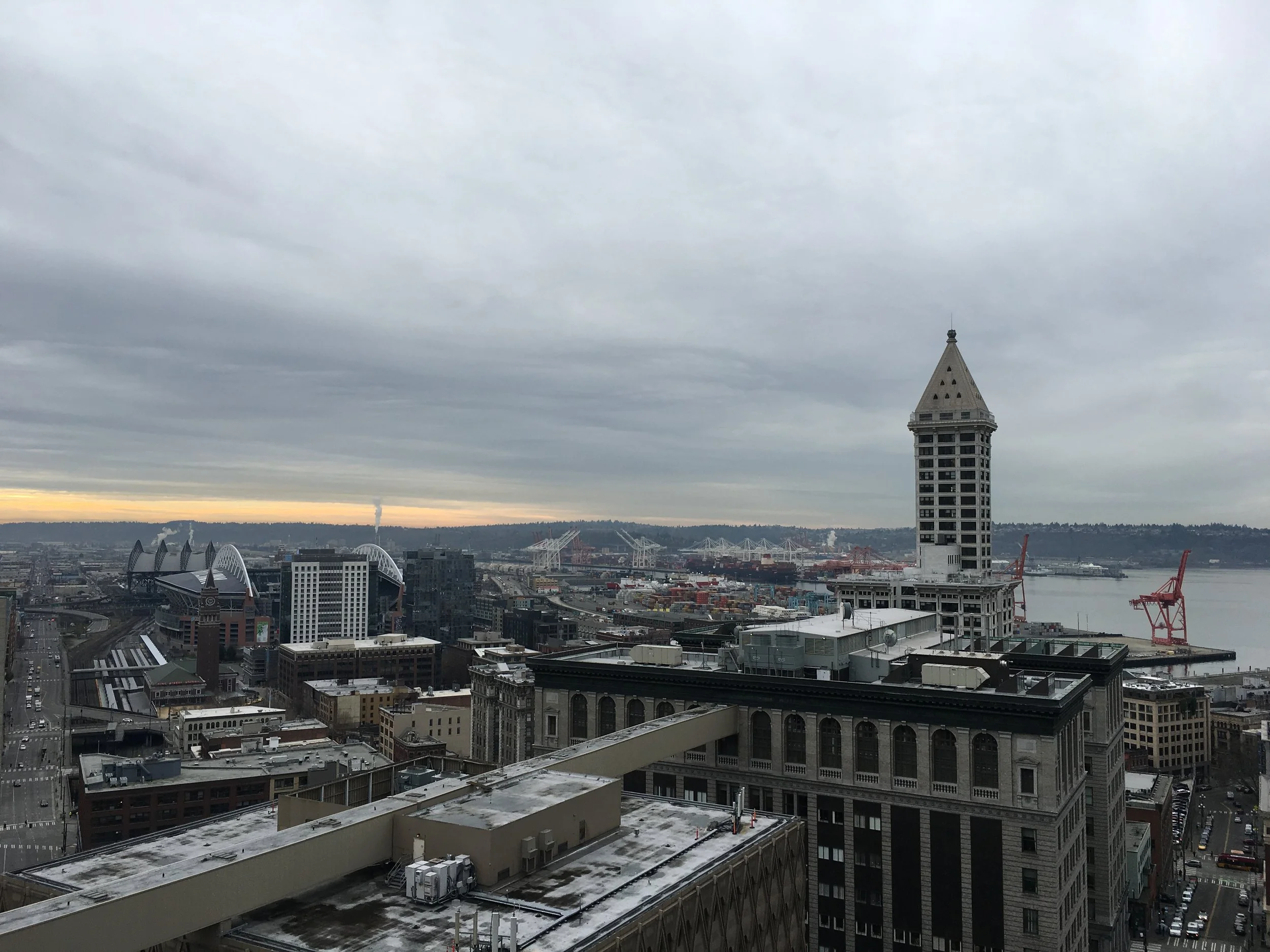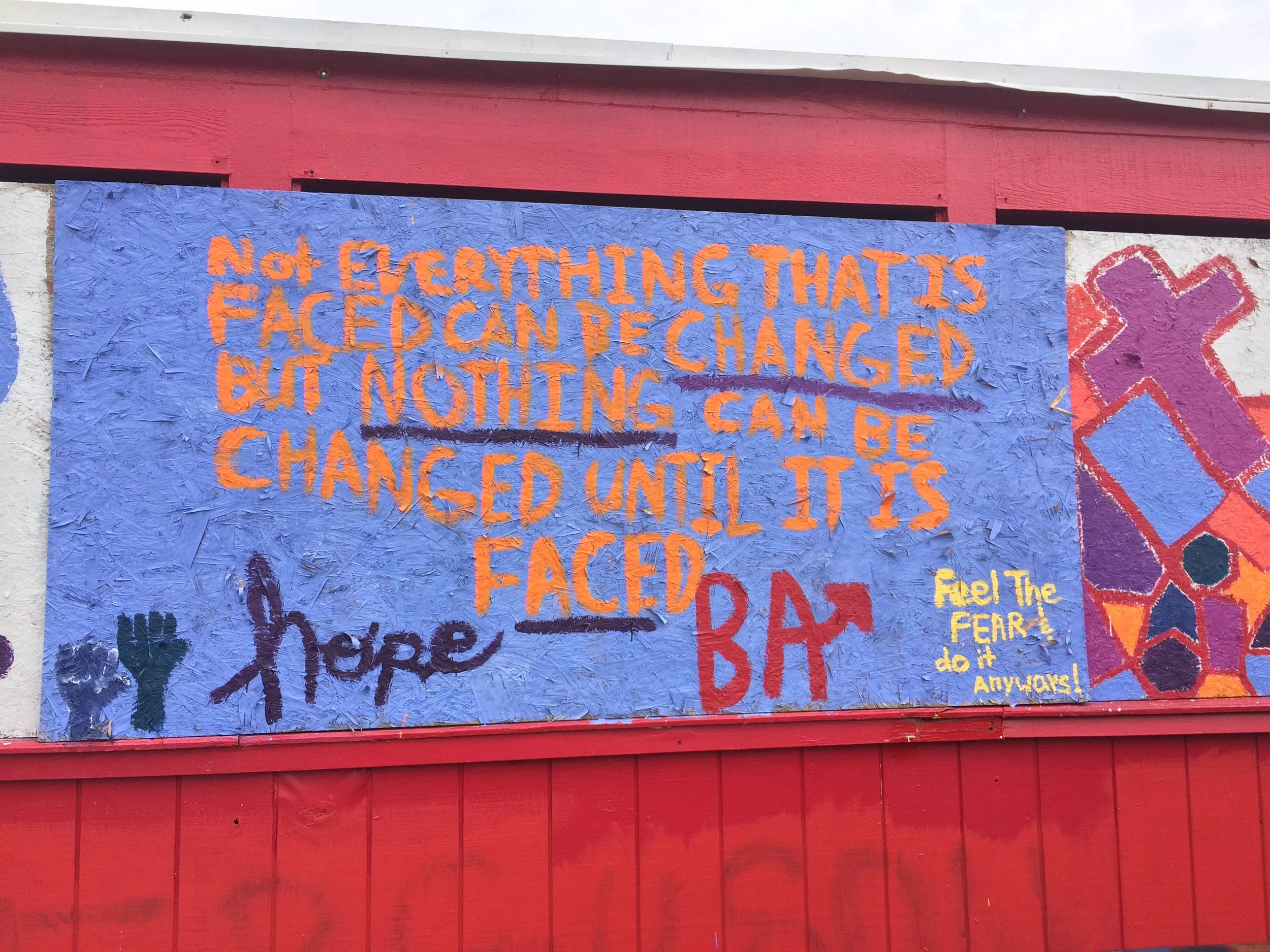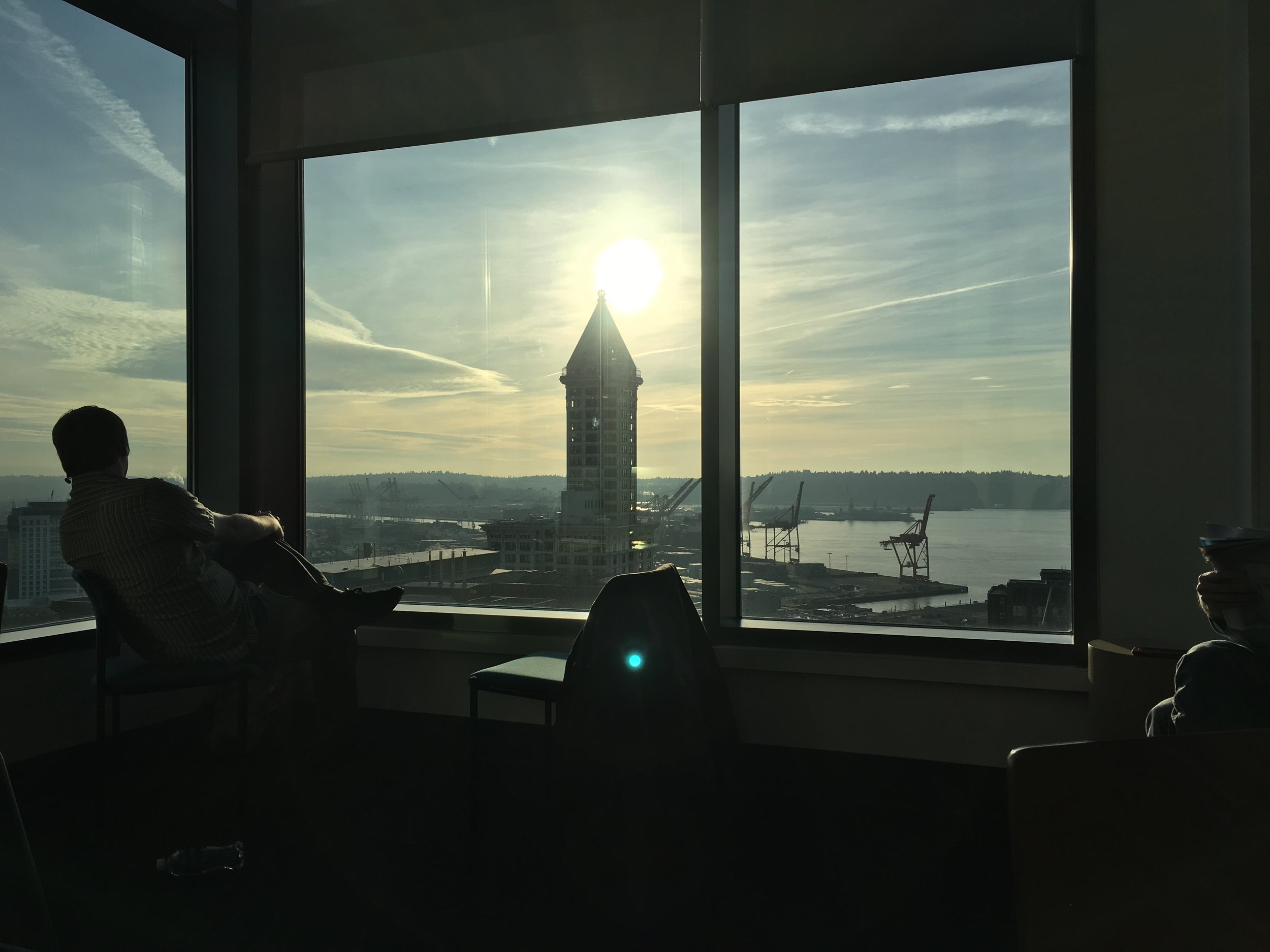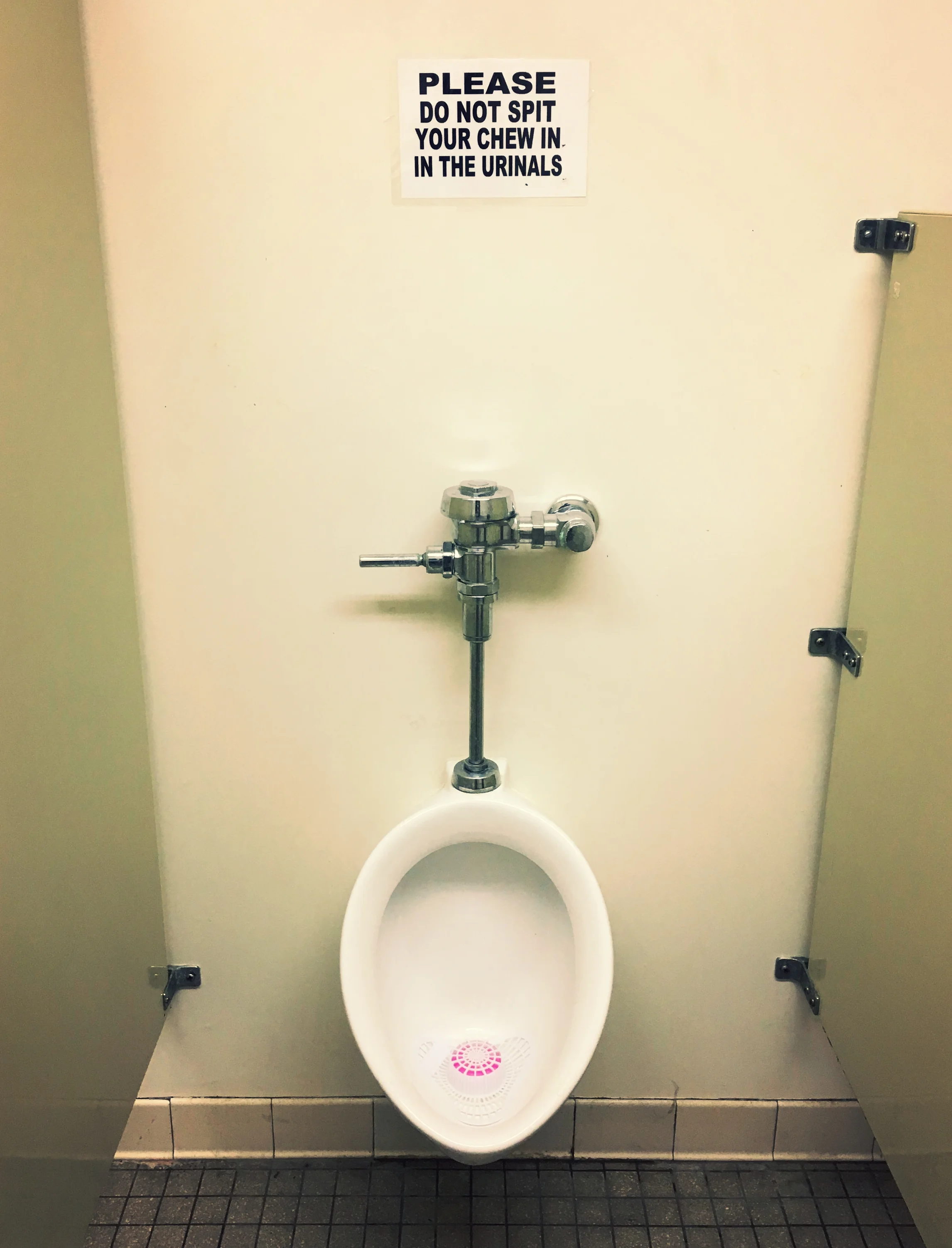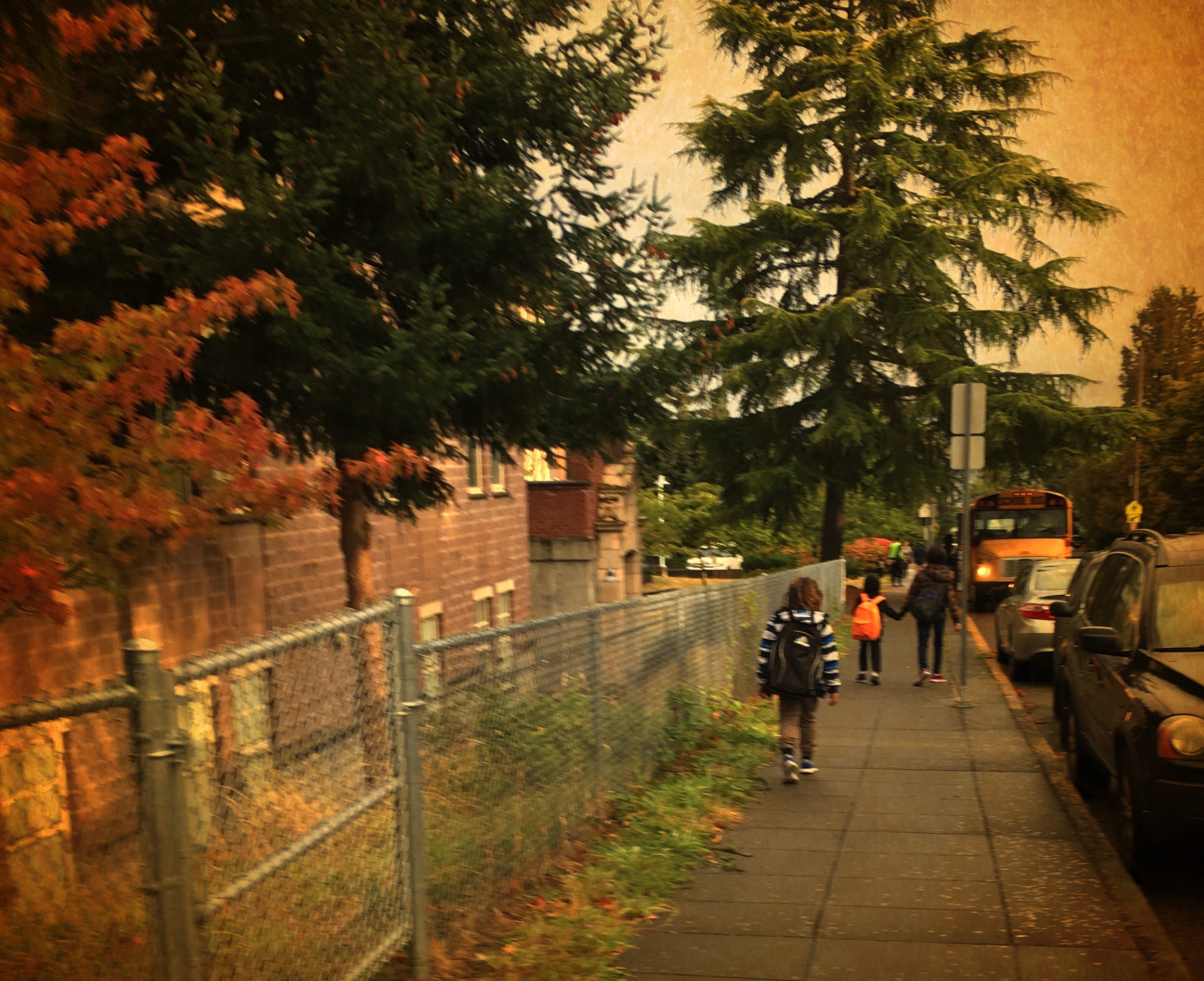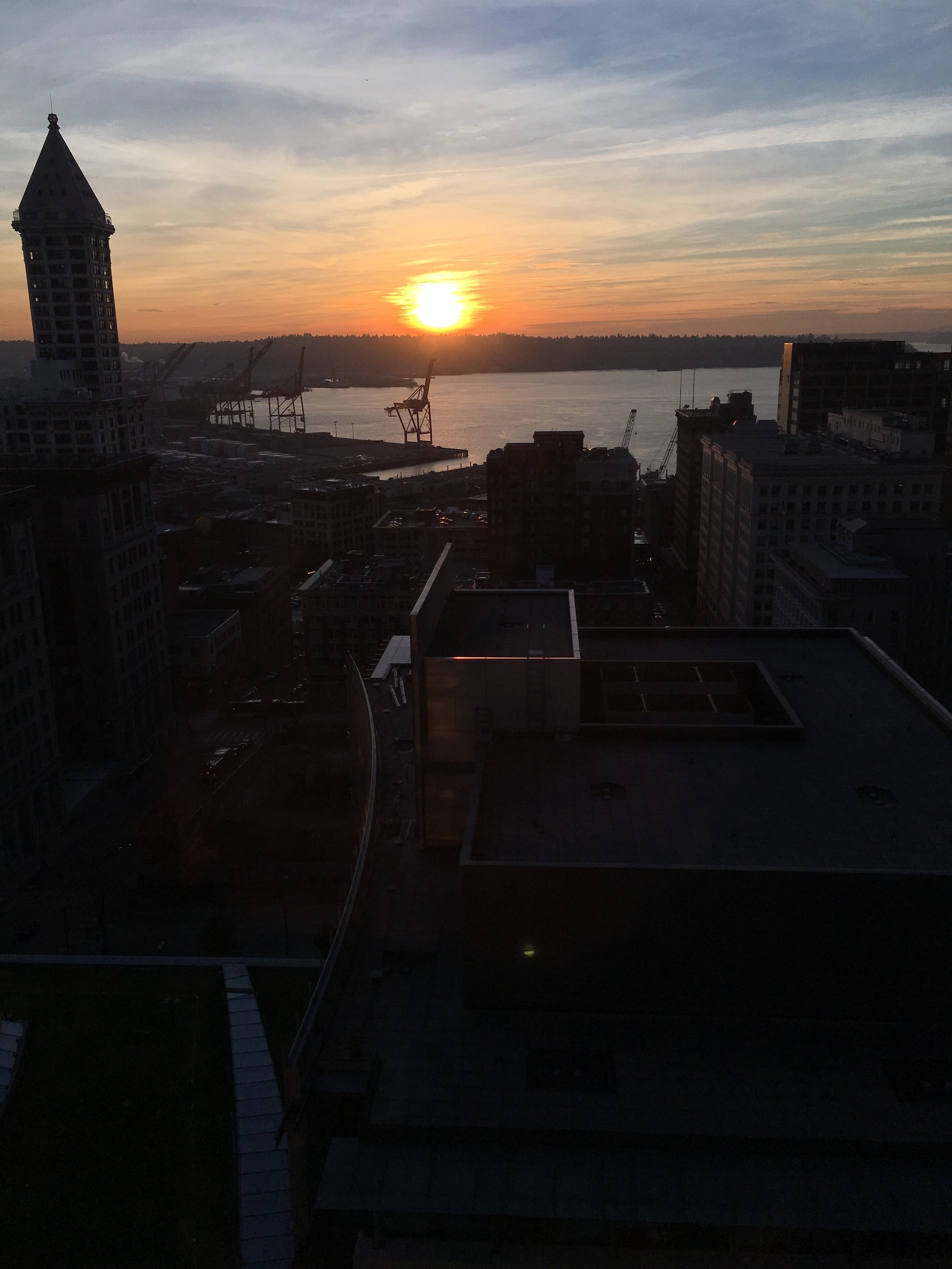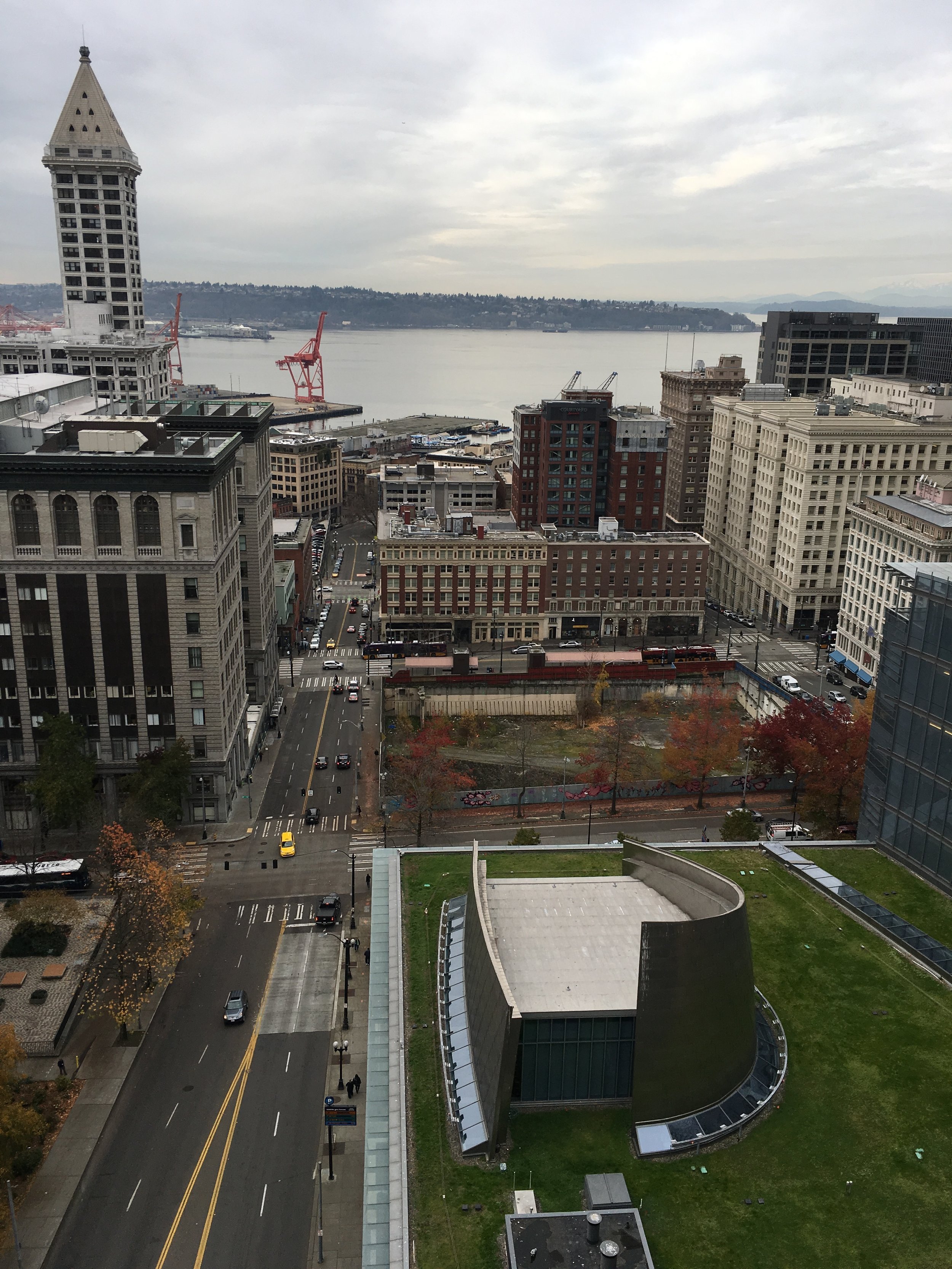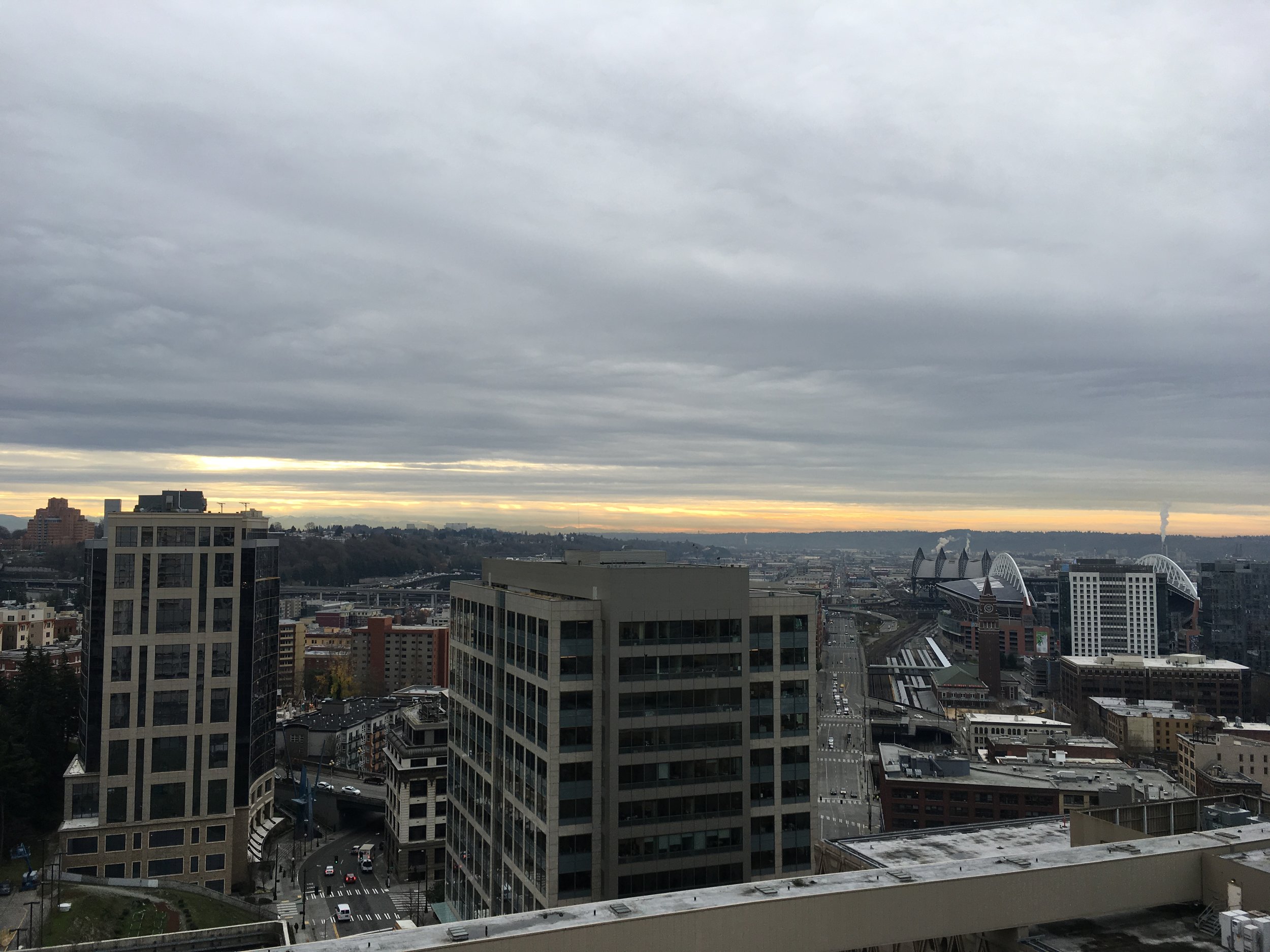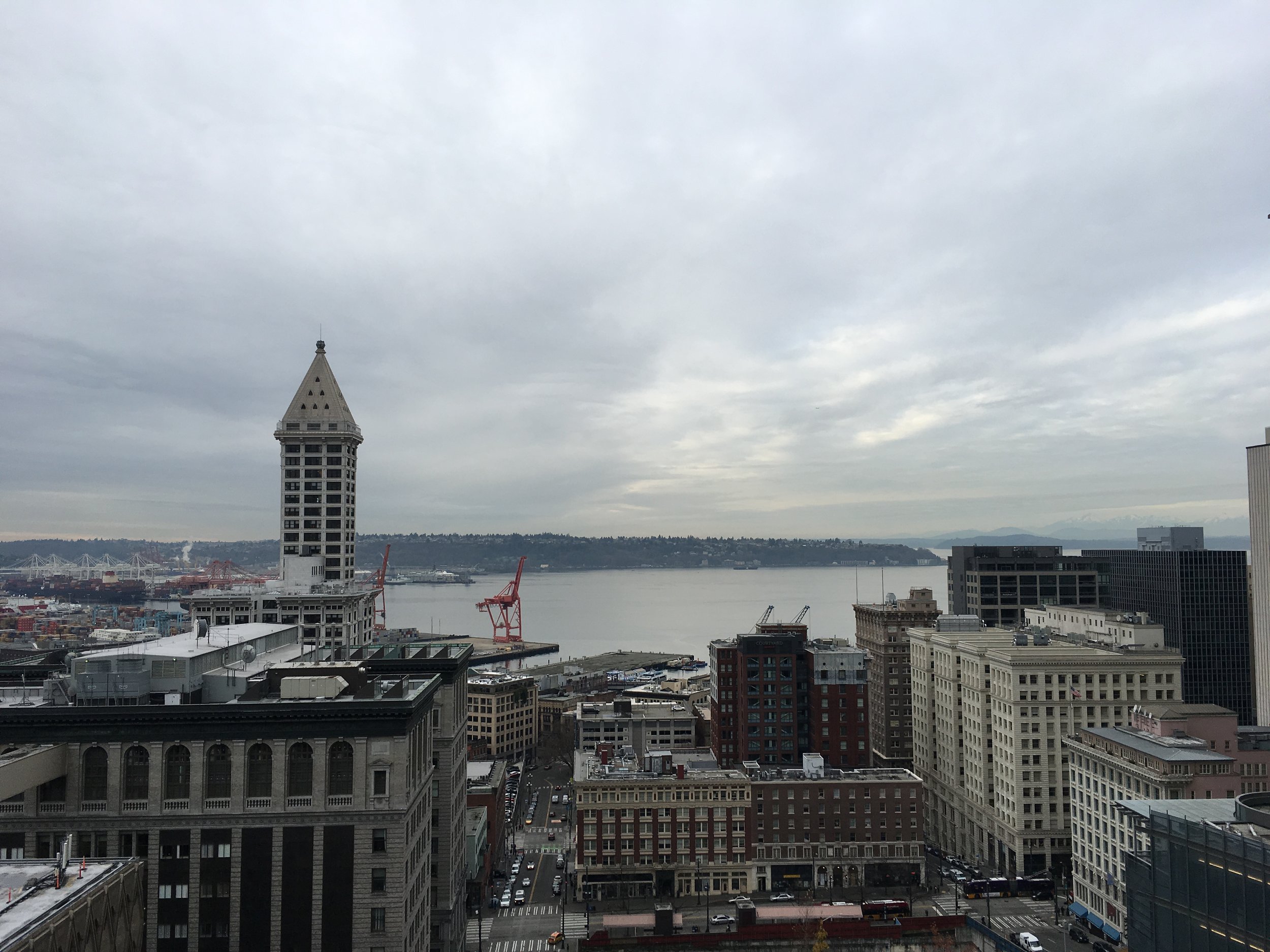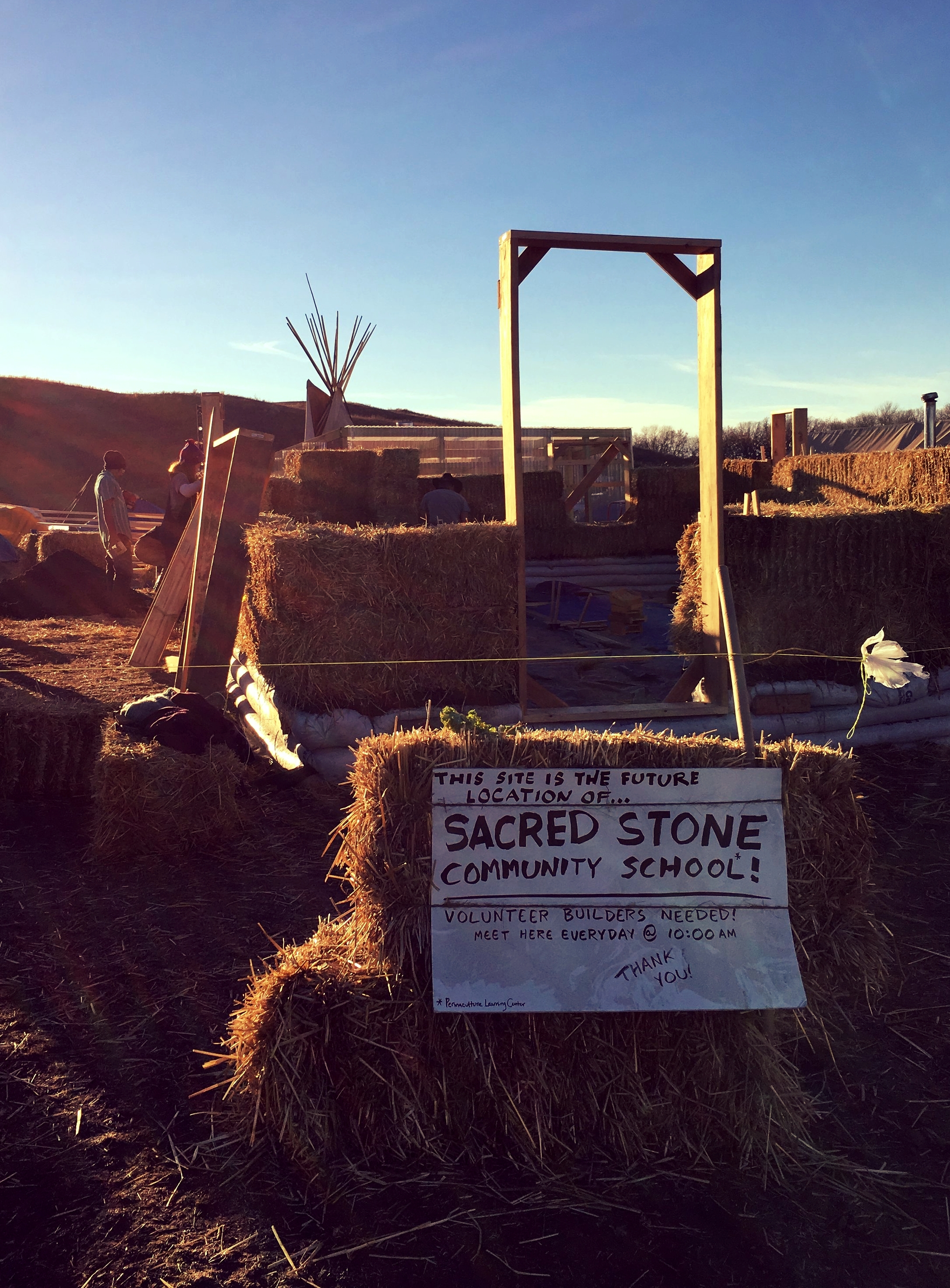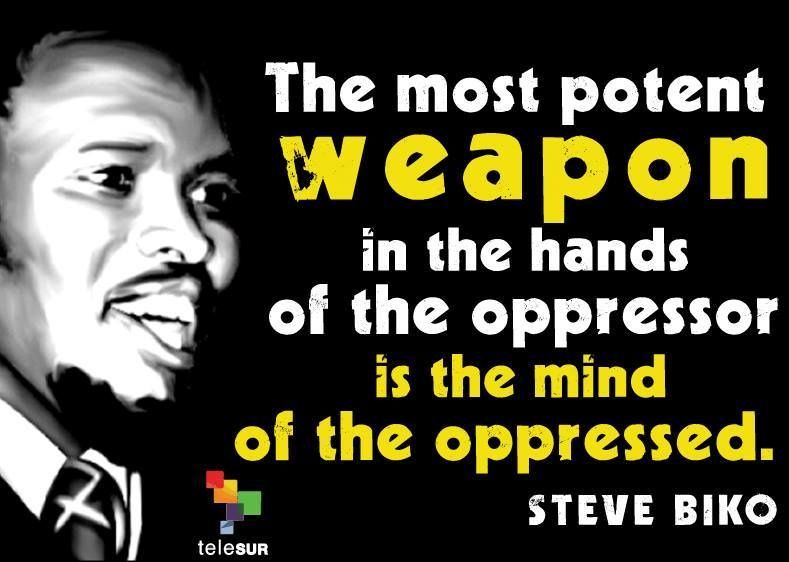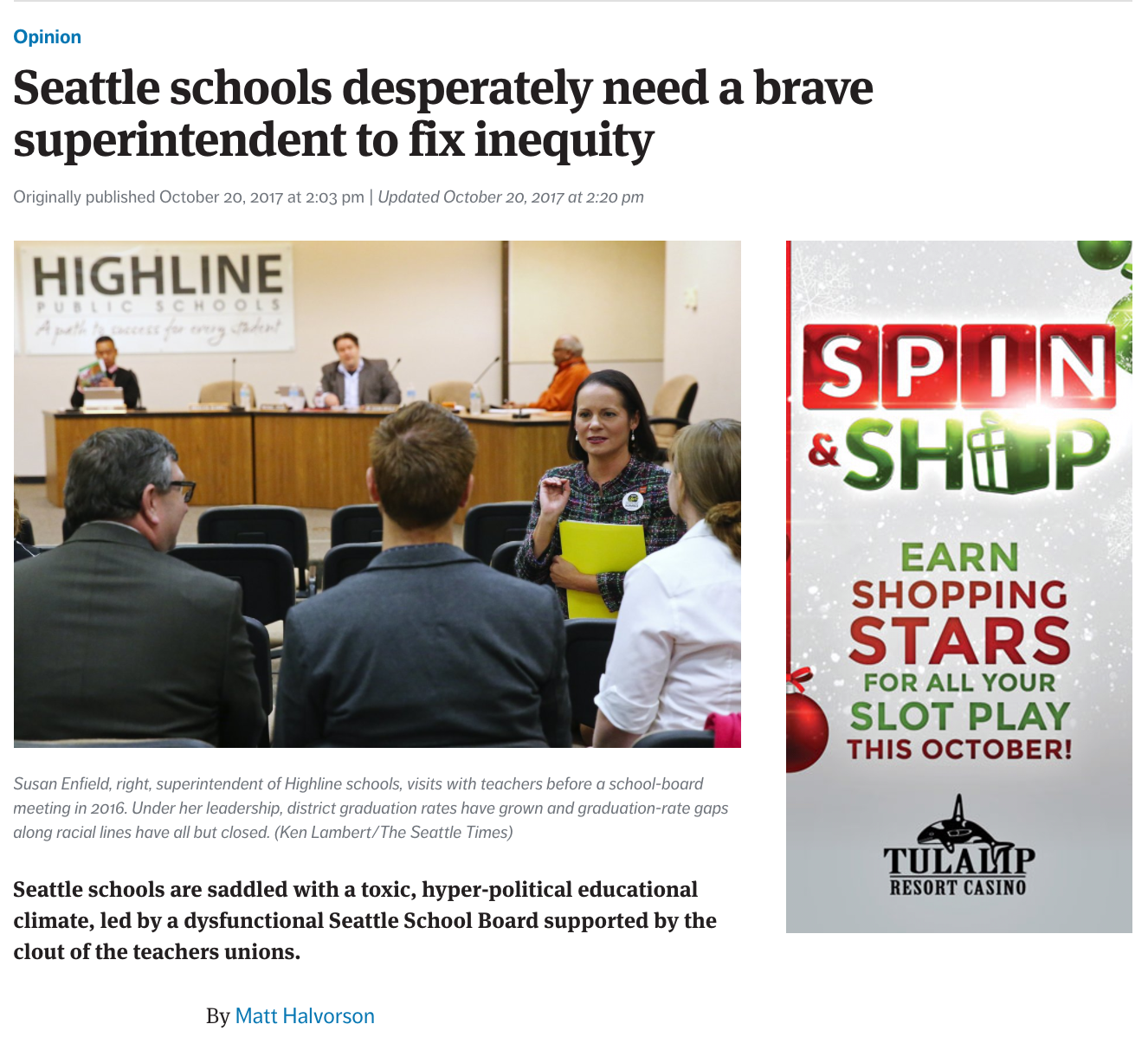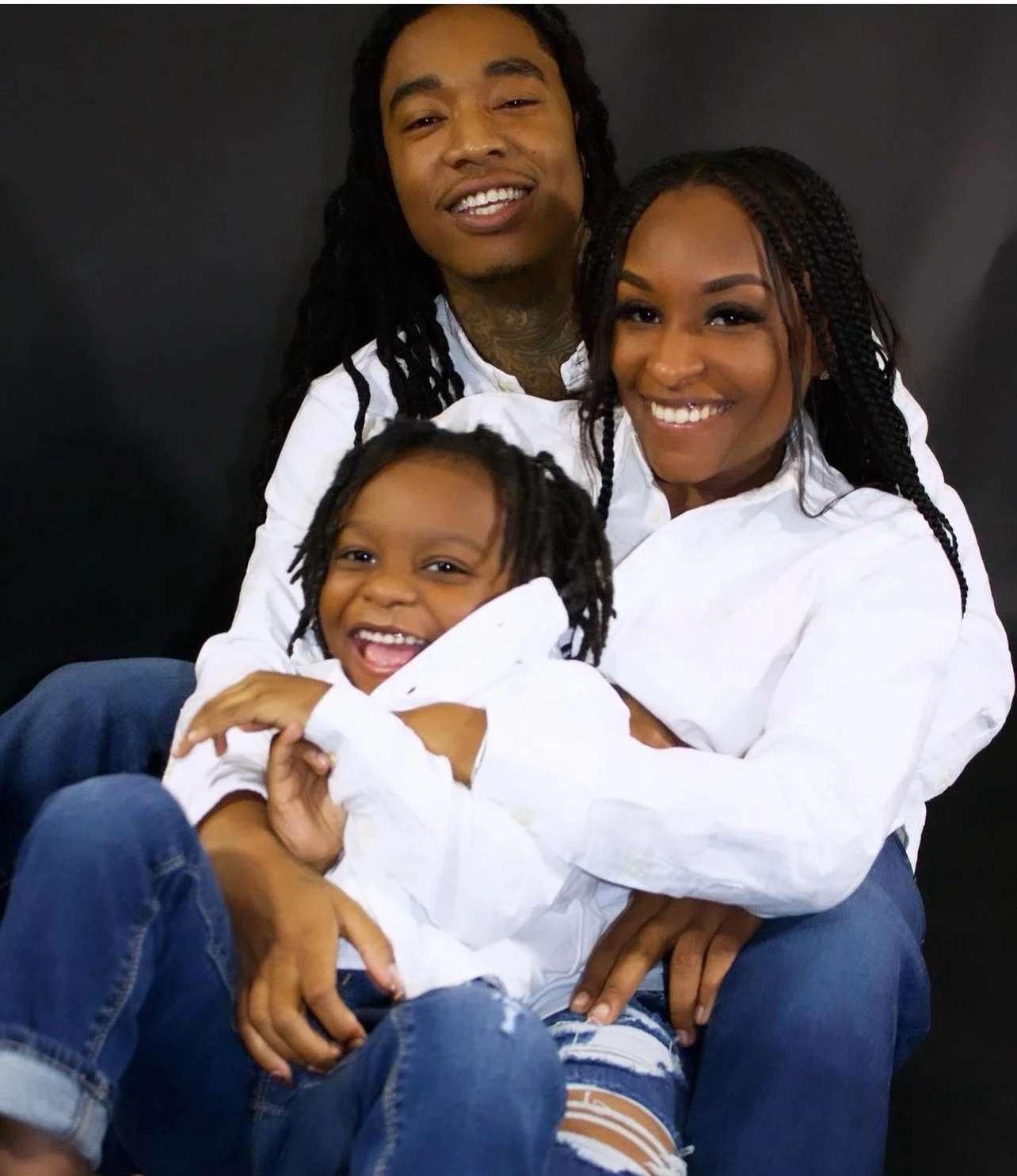He knows, for instance, as a six-year-old, that the police are not there to protect him and that he isn't allowed to play with toy guns — ever. He asks anyone who will listen if they believe Black Lives Matter and why.
My son started public school this year. I have read so many things about the preschool-to-prison pipeline. I dropped him off and couldn't help but think I had just given him to the system that wants to harm him. A system that will view him, because of his skin, as more violent, angry, loud and dangerous than his white classmates.
Of course, the beliefs embedded in the system are filtered out as the beliefs of individuals. I have already had to defend my small son at public parks when white parents have asked me how old he is, and then asked me why he seems so “aggressive.” Like he’s a dog.
He has been called the “N-word” more than once on public transportation by older white people. I have been told by older white folks that he will need "more direction and discipline" than other children. I have been told that he is a statistic and that if I don't raise him “right” he will be another Black man lost to the judicial system.
I am a white woman raising a Black child. I cannot relate directly to the discrimination he will face. I can't tell him how to fight something I haven't ever had to fight. I can’t help him understand something I don't fully understand myself.
I can’t even fully teach him the beauty of the way he looks because when he thinks of beauty, he thinks of me or the other white members of my family. He has asked me when he will turn white because he's afraid to grow up to be a Black man. Why? Because, he told me, he knows that Black men get killed by the police.
When Trump got elected, I cried, and my son again asked me when he would turn white. He cried too. Shaking, he asked me why people let Trump win when they knew he was not a nice man.
What could I say?
I try my best to shield him from the news and from my concerned conversations. I try to protect him so he can have the privilege of being a little boy who isn’t burdened by worry, but the world keeps reminding him of reality.
We used to commute every day, taking the light rail to northeast Seattle. One day, a Black teenage boy happened to board the train alongside us. We rode for a while, and then the transit police got on. They made a beeline for the kid who was now sitting near me and asked him if he had paid his fare. He hadn’t. The transit cops called the police.
The young man was clearly afraid. I offered to pay the missing fare, but the transit police refused, more interested in punishment than justice. A man on the train joined me in standing up for the young man and called the transit police out on their obvious racism. They hadn't targeted or confronted anyone else, just that one Black kid.
My son knew what was happening and why. I didn't have to tell him. He understands that men in uniform, without warning, came for that kid because he is Black. He understands, as I do, that this is the world we live in and right now, and that it's only getting worse.
I understand the struggle through my child, understandably nervous every time a uniform appears. Every time the doors open on the light rail. I see the people I love fighting for their right just to be here, struggling for every breath.
And I understand that being the parent of a Black child means that I am torn in two. The part of me that wants so desperately to protect his innocence and nurture his optimism has to take a sad backseat to the part of me that needs desperately to keep him as safe as I can.
The reality is that no matter how overwhelming, no matter how terrifying, we don’t get to take a day off from racism. Even on the days when I am just an exhausted single mother. Even on all the days when my son is just a six-year-old little boy. His skin is never going to turn white, no matter how many times he breaks my heart wondering if it will.
I take comfort knowing he isn’t alone. I can’t go through his struggle for him, but I can stand with him.
So can you. Please do.
Jefflin Breuer is a parent, activist and possible space-alien living in Seattle. Her interests include witchcraft, feminism, antifa and civil rights activism, among whatever other things she has time for.




